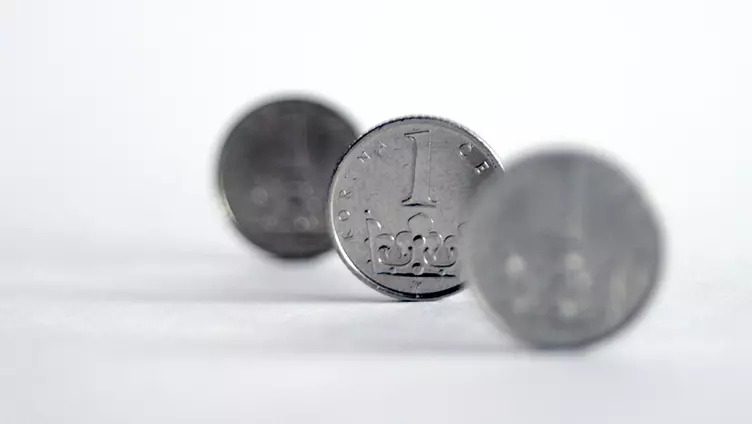The Czech currency has been appreciating since the end of last week and has reached its most substantial level against the euro since February this year.
It strengthened by three cents on Wednesday to CZK 24.39 to the euro. It has gained 27 cents, or 1.49 percent, since Friday’s trading session, XTB analyst Štěpán Hájek said. According to analysts, this may be due to the Czech National Bank’s interventions.
“The koruna continues to strengthen today against faster inflation growth, which was 17.2 percent in June. However, the koruna has been appreciating since the end of last week, while other regional currencies such as the Polish zloty or the Hungarian forint have been mostly weakening,” Hájek said.
The ČNB’s work is probably behind the long-term appreciation of the koruna. Last week, the ČNB reported that it spent almost EUR3.5 billion (CZK85.3 billion) in May as part of market intervention to defend the koruna from depreciation. In June, some analysts said it was even more.
Market intervention by the central bank is likely to continue under its new leadership. Aleš Michl took over as governor in July, and the Bank Board has also been partially renewed.
The euro is weakening
According to Hájek, it is possible that the new composition of the board has increased interventions to strengthen the koruna or that the currency has just “rode” on the weakening of the euro.
The single European currency attacked parity with the US dollar on Tuesday, then on Wednesday, it briefly fell below parity with the dollar, selling shortly before 15:00 CET at around USD 0.9998.
The koruna may also be strengthening due to the outlook for even faster rate hikes, which, along with the interventions, is what separates it from the rest of the regional currencies, Hájek added.
According to Ebury analyst Roman Ziruk, the ČNB has the means to continue intervening, likely to keep the koruna strong shortly.
“In the future, we will focus on the next ČNB decisions, especially the Bank Board meeting in early August. This is the first meeting headed by the new governor, Aleš Michl, and may give a better idea of how much the ČNB is willing to strengthen the koruna,” he noted.






Leave a Reply